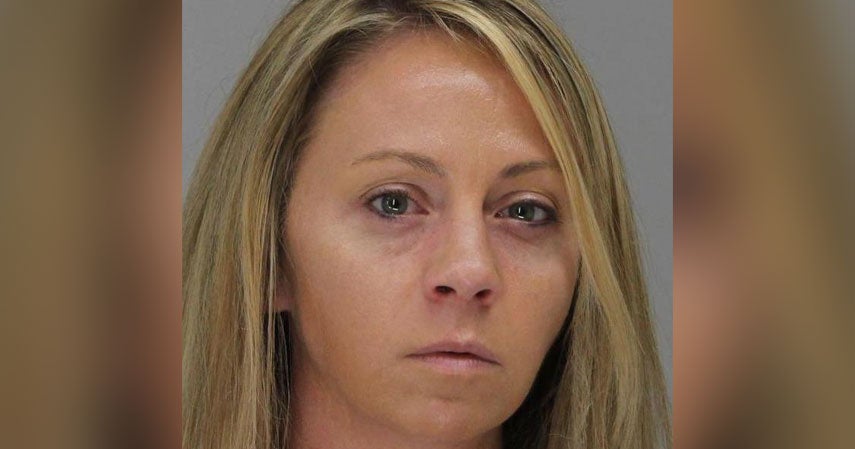Family Tragedy In Irving Highlights Rise In Mental Illness
DALLAS (CBSDFW.COM) - Madison McDonald wasn't trying to get away with anything.
On Monday night, she walked into the lobby of the Irving Police Department, called 911, and, according to police, confessed to killing her daughters, 6-year-old Archer and 1-year-old Lily, by sedating and smothering them.
According to a police affidavit, she told officers "her kids were being abused and that she would do anything to protect her children including eliminate them."
On a fundraising page, McDonald's cousin wrote "(Madison) is suffering from a devastating mental disorder… In her mind, she was protecting them."
Bonnie Cook, executive director of Mental Health America of Greater Dallas, saw news of the murders and immediately suspected McDonald to be part of a growing trend of people with deteriorating mental health she sees at work.
"We are seeing an uptick like I have never seen in all my years in non-profit work," said Cook.
In 2019, the non-profit saw 3,000 people reach out for help through their online resources. Last year, as the pandemic took hold, that number skyrocketed to more than 38,000. The problem continues to grow worse.
"When the pandemic started, it was anxiety, it was depression. So now, as this has continued to drag on forever, the psychosis positive screenings are increasing substantially," said Cook.
Psychosis can cause a person to lose touch with reality -- even see, hear and believe things that aren't real. Since the beginning of this year, Cook says her organization has seen a 28% increase in people testing positive.
"I think people have reached their breaking point and as individuals try to deal with their mental illness, it has continued to morph into something even more serious than the occasional depressive episode," said Cook.
She says there is hope and treatment available for anyone struggling.
On Mental Health America's website, you can screen yourself anonymously for anxiety, depression, psychosis and other conditions. The organization also provides guidance on how to get help for you or a loved one.
"We need to be working on our work life balance. We need to heed our warning signs and not be afraid to reach out for help if we are struggling," said Cook.



